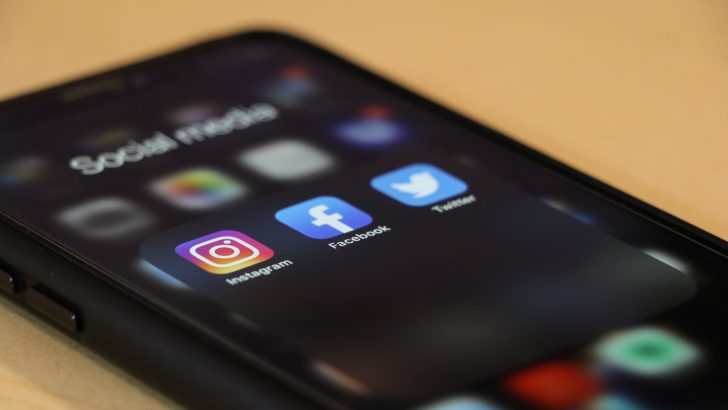Kimberley Heatherington
The answer – according to an Institute for Human Ecology panel convened at The Catholic University of America in Washington – is basically this: It depends.
There are “two big questions that hang over human life in digital reality right now,” announced Ross Douthat, a media fellow with the institute and New York Times opinion columnist: “Is social media dehumanising us? Robbing us of creativity?” And, “is Artificial Intelligence replacing us?”
It’s a paradox of both connection and disconnection. With increased smartphone use – an estimated 69% of the global population – come questions of authentic versus artificial community.
“It’s actually become the vehicle through which we seek community,” said Luke Burgis of Catholic University’s Busch School of Business.
While smartphones and social media are, Burgis said, enhancing our social sense and awareness, the communicative pace can be dizzying and dislocating. “It’s accelerated this kind of social sensory awareness that we have – but probably so fast that we have no idea what’s happening.”
The ascendancy of AI, Burgis said, issues a challenge to human creativity.
“I do think there’s something to be said about doubling down on our human creative and artistic spirit – which I believe the AI can never replicate,” declared Burgis. “So, sort of getting back to the kind of spiritual theology of creation, I think, is something that we’ll probably hear a lot more about in the next few years.”
Schulman noted that public reaction to AI-generated art is indeed frequently negative. “There’s already this kind of instinctive sense of dehumanisation and flattening,” he observed.
Nonetheless, AI endlessly fascinates – but for a very basic reason, said Jonathan Askonas, an assistant professor of politics at Catholic University. “It’s the thing that’s most fascinating about any new technology – which is, what does it mean to be human? How does this reshape what it means to be human?”
While that remains an open question, “I think what it demands of us is a higher standard of creativity; of specialisation; of learning; of thought,” Askonas suggested.
In June, at a Vatican-organised international convention on “Generative AI and Technocratic Paradigm,” Pope Francis asked of AI, “Does it serve to satisfy the needs of humanity, to improve the well-being and integral development of people?” Or does it instead, the pontiff cautioned, “serve to enrich and increase the already high power of the few technological giants despite the dangers to humanity?”
OSV News asked Douthat what philosophical and spiritual conundrum is posed by the notion that AI could eventually acquire humanity — that it could, in some way, become “human.”
“You already have people who clearly think that their chatbots are functionally human, and that population is going to increase,” replied Douthat. “And I think that’s sort of the debate that Catholicism has to be prepared for.”
Kimberley Heatherington writes for OSV News from Virginia.


